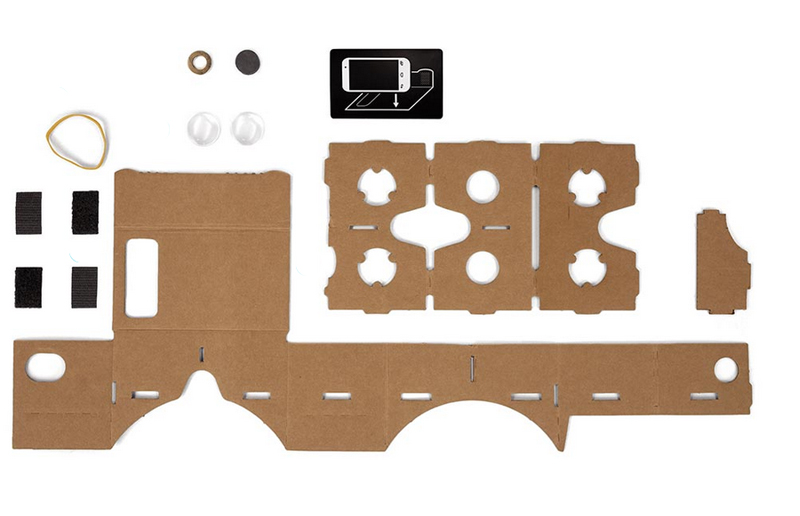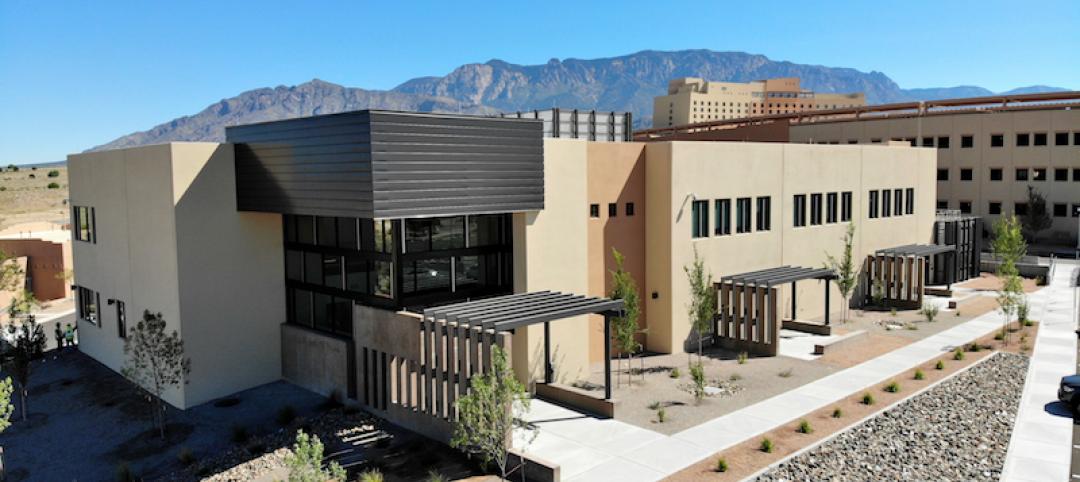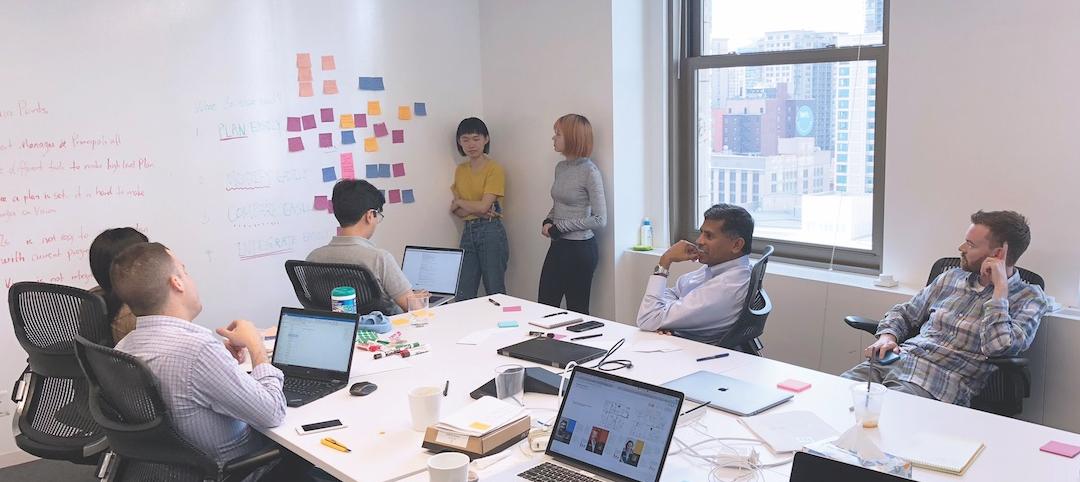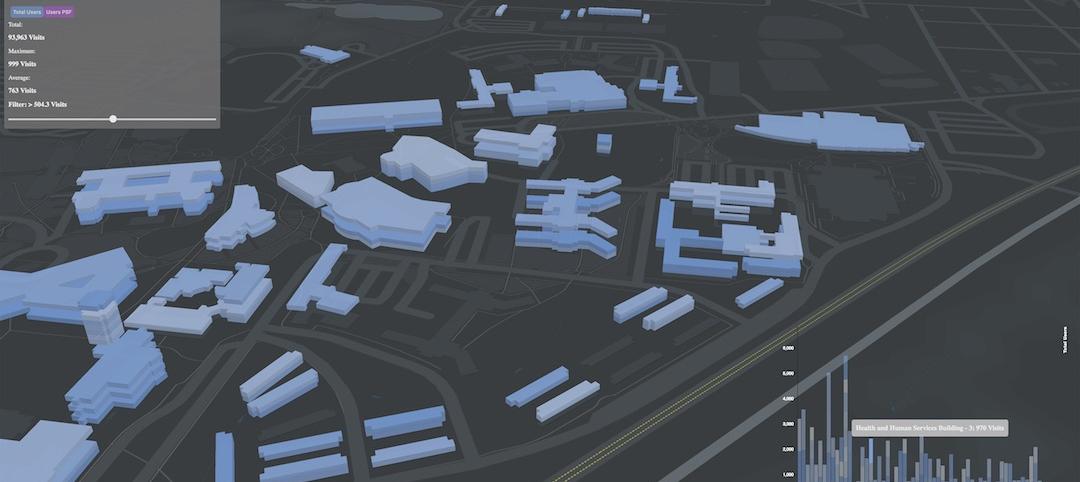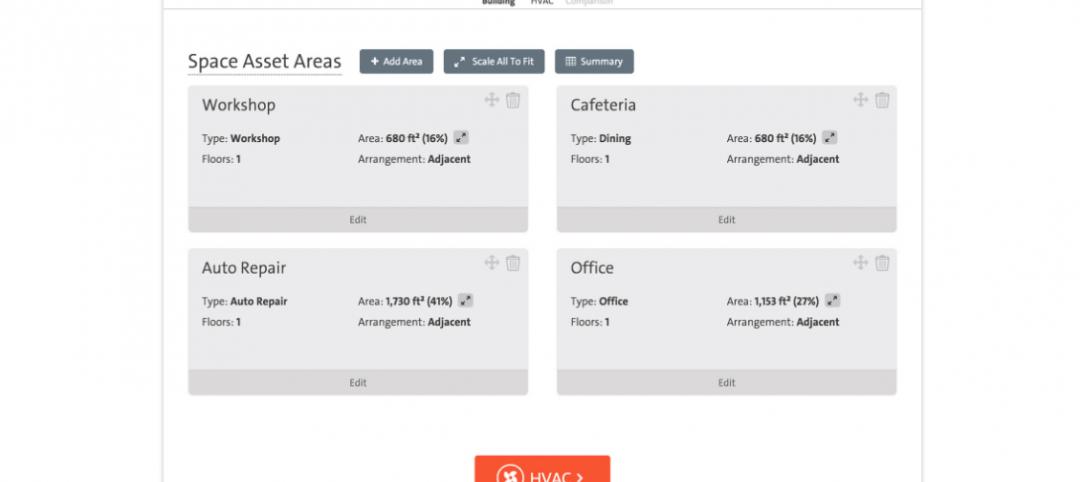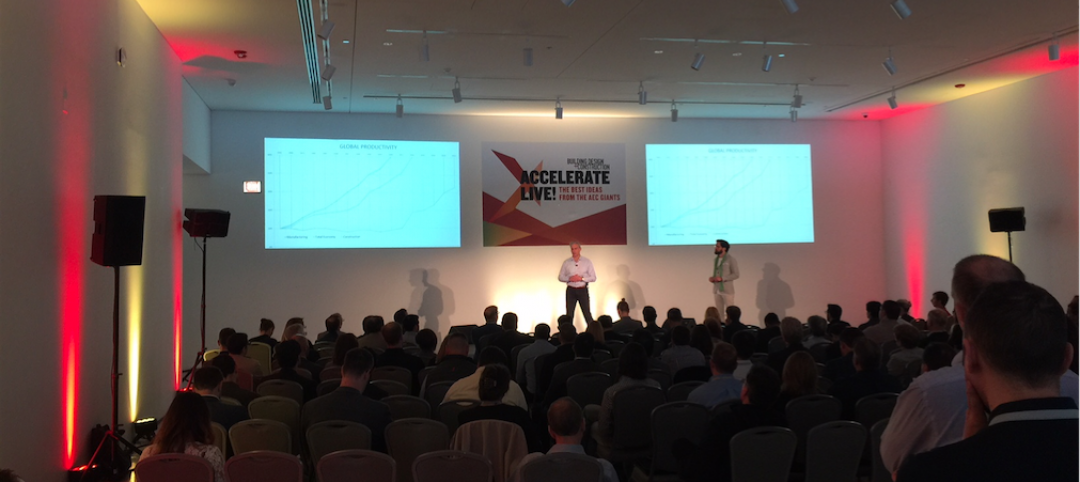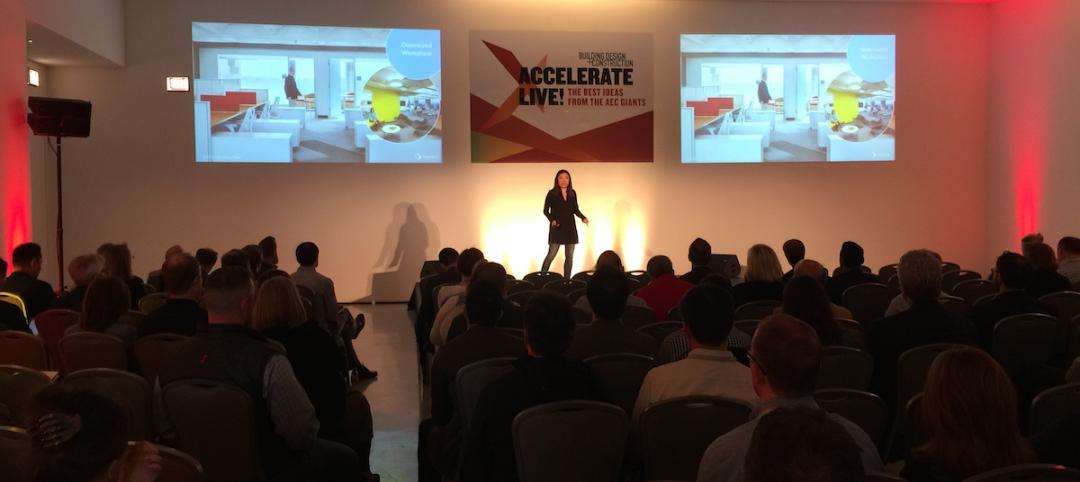The global search engine giant has launched a new product, Google Cardboard, that easily allows users to experience virtual reality.
This, according to ArchDaily, can make waves in the field of architecture.
Imagine Google Maps, but for proposed projects and designs. A client will be able to tilt his or head up, down, left, or right, and see what a room will look like from various angles.
But unlike Google Maps, the user isn’t limited to a two-dimensional screen. Renderings are tweaked into a “Photo Sphere,” which look distorted when seen normally with the naked eye.
The image is then sent to a smartphone, and the smartphone is placed inside the Google Cardboard, a specially-designed, collapsible box that functions like a stereoscope.
“The simple yet elegant technology gives the [viewer] free will,” ArchDaily reports. “You can choose where to look, and linger where you like. You are in the space and you yourself are ‘to scale’.”
ArchDaily has the full report.
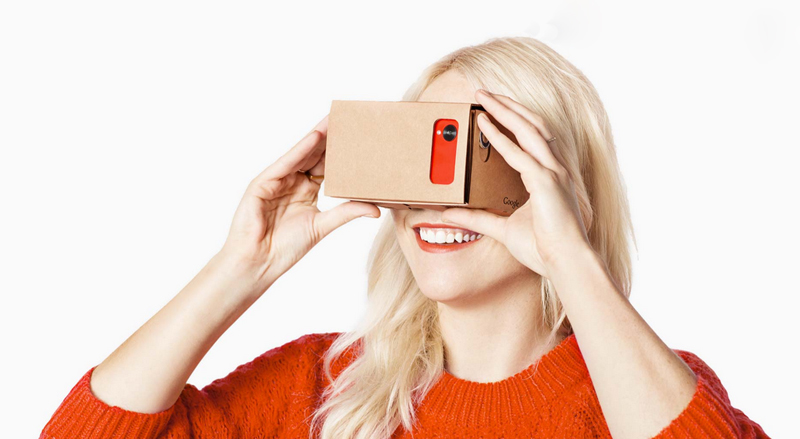
Related Stories
Sponsored | BIM and Information Technology | Oct 15, 2018
3D scanning data provides solutions for challenging tilt-up panel casino project
At the top of the list of challenges for the Sandia project was that the building’s walls were being constructed entirely of tilt-up panels, complicating the ability to locate rebar in event future sleeves or penetrations would need to be created.
BIM and Information Technology | Aug 16, 2018
Say 'Hello' to erudite machines
Machine learning represents a new frontier in the AEC industry that will help designers create buildings that are more efficient than ever before.
BIM and Information Technology | Aug 16, 2018
McKinsey: When it comes to AI adoption, construction should look to other industries for lessons
According to a McKinsey & Company report, only the travel and tourism and professional services sectors have a lower percentage of firms adopting one or more AI technologies at scale or in a core part of their business.
BIM and Information Technology | Jul 30, 2018
Artificial intelligence is not just hysteria
AI practitioners are primarily seeing very pointed benefits within problems that directly impact the bottom line.
AEC Tech | Jul 24, 2018
Weidt Group’s Net Energy Optimizer now available as software as a service
The proprietary energy analysis tool is open for use by the public.
Accelerate Live! | Jul 17, 2018
Call for speakers: Accelerate AEC! innovation conference, May 2019
This high-energy forum will deliver 20 game-changing business and technology innovations from the Giants of the AEC market.
BIM and Information Technology | Jul 9, 2018
Healthcare and the reality of artificial intelligence
Regardless of improved accuracy gains, caregivers may struggle with the idea of a computer logic qualifying decisions that have for decades relied heavily on instinct and medical intuition.
BIM and Information Technology | Jul 2, 2018
Data, Dynamo, and design iteration
We’re well into the digital era of architecture which favors processes that have a better innovation cycle.
Accelerate Live! | Jun 24, 2018
Watch all 19 Accelerate Live! talks on demand
BD+C’s second annual Accelerate Live! AEC innovation conference (May 10, 2018, Chicago) featured talks on AI for construction scheduling, regenerative design, the micro-buildings movement, post-occupancy evaluation, predictive visual data analytics, digital fabrication, and more. Take in all 19 talks on demand.
BIM and Information Technology | Jun 12, 2018
Machine learning takes on college dropouts
Many schools use predictive analytics to help reduce freshman attrition rates.


